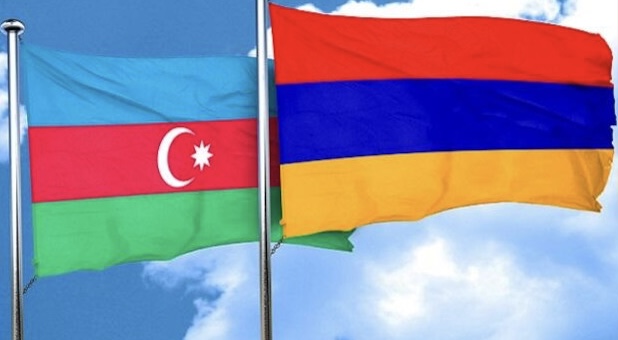Key Points
- Pashinyan expresses willingness to revisit the Zangezur corridor in peace talks.
- Armenia may allow special transit privileges but rejects extraterritoriality.
- Economic incentives push Armenia to seek a peaceful resolution with Azerbaijan.
Armenian Prime Minister Nikol Pashinyan is indicating a renewed effort to progress the halted peace process with Azerbaijan, showing a willingness to engage in discussions regarding a revised version of the Zangezur corridor. The suggested pathway aims to link Azerbaijan with its Nakhchivan exclave through the territory of Armenia.
Pashinyan signals shift on Zangezur corridor negotiations
The corridor has emerged as a significant point of contention in the ongoing discussions. Last summer, both parties reached a consensus to temporarily set the issue aside; however, Azerbaijani President Ilham Aliyev has recently brought it back into discussion, which has tempered expectations for a prompt peace agreement.
Accoridng to Oilprice, Azerbaijan has expressed a desire for extraterritorial rights concerning Zangezur, a development that could potentially broaden Baku’s jurisdiction over the route. Armenia has historically expressed reservations regarding the concept of a corridor. However, during a news conference on January 31, Pashinyan suggested a potential change in stance, indicating that Armenia might be open to discussing a transit arrangement akin to Azerbaijan’s proposed railway connection through Iran to Nakhchivan.
Armenian Foreign Minister Ararat Mirzoyan approached the inquiry regarding Armenia’s position with care, emphasizing Yerevan’s desire for complete control over the route while also recognizing the potential for offering Azerbaijan certain special privileges.
Armenia seeks control but hints at special transit privileges
“It is important to acknowledge that the 21st century presents an opportunity for simplifications and logistical enhancements, as nations strive to streamline transit procedures,” Mirzoyan stated on January 30. “In collaboration with Azerbaijan, we anticipate that the unblocking of transport links will lead to the implementation of streamlined procedures, ultimately benefiting both parties.”
Pashinyan has conveyed that Armenia has put forth new proposals regarding unresolved matters in the peace negotiations, which may include the potential withdrawal of cases currently before international courts. He expressed a willingness to engage in discussions regarding the potential dissolution of the Organization for Security and Cooperation in Europe’s Minsk Group, which has historically facilitated negotiations but has seen a decline in its influence following Azerbaijan’s reassertion of control over Nagorno-Karabakh.
Pashinyan’s efforts to encourage Azerbaijan to re-engage in negotiations seem to be closely linked to economic considerations. On January 30, he expressed that Armenia is looking to participate in a project aimed at enabling electricity exports from Central Asia, traversing the Caspian Sea to Azerbaijan and subsequently to Europe. On February 3, the parliament of Azerbaijan approved an agreement with Kazakhstan and Uzbekistan aimed at the production and transmission of “green” energy through a subsea cable under the Caspian Sea.



